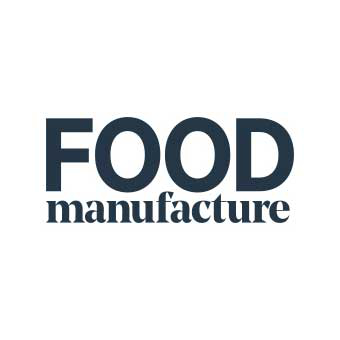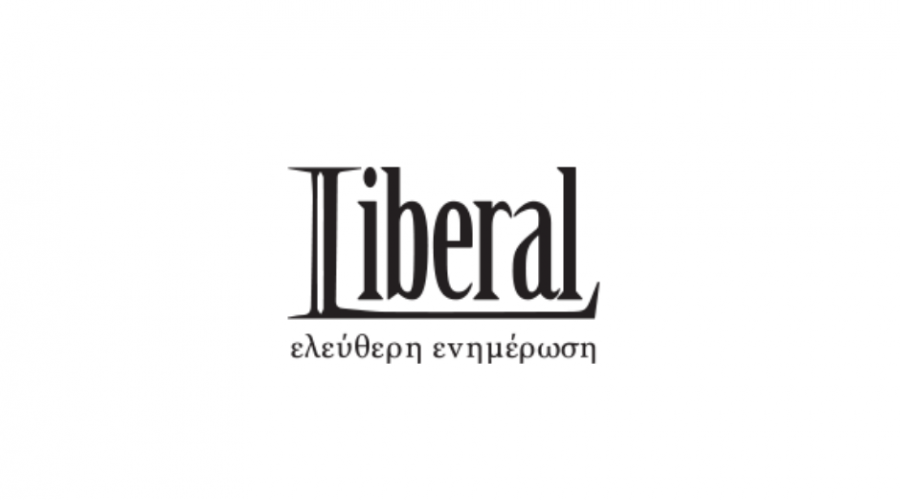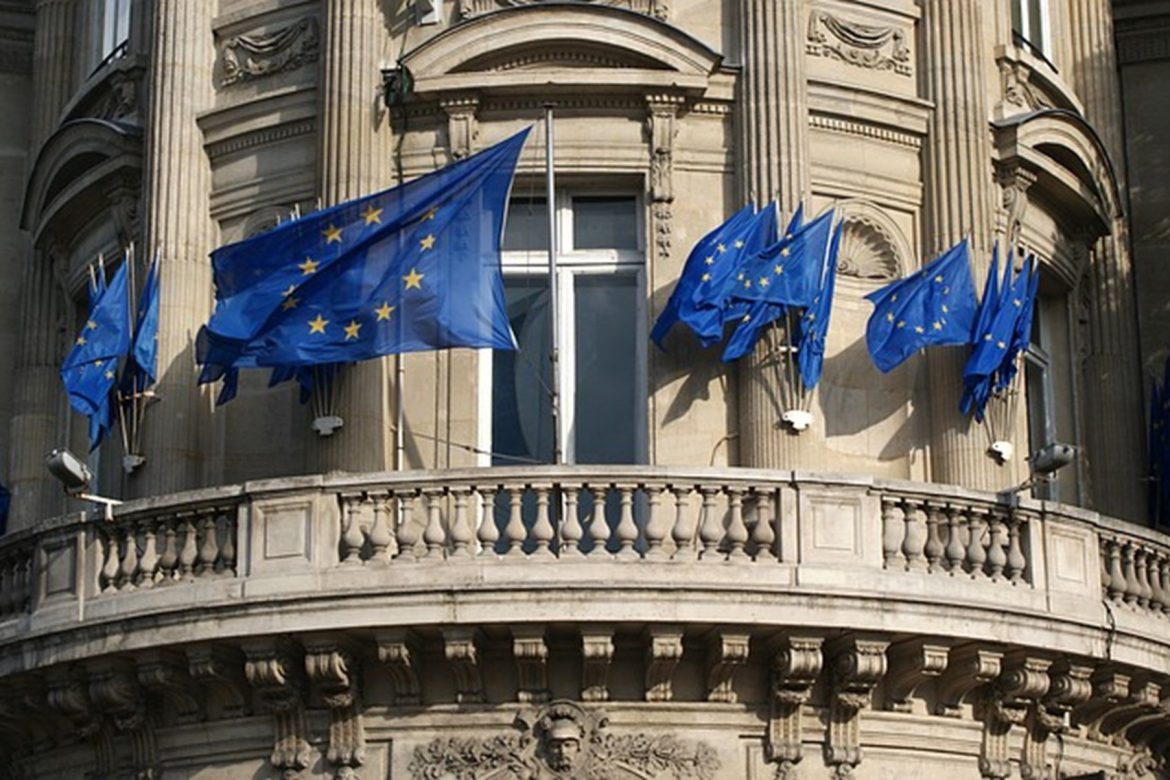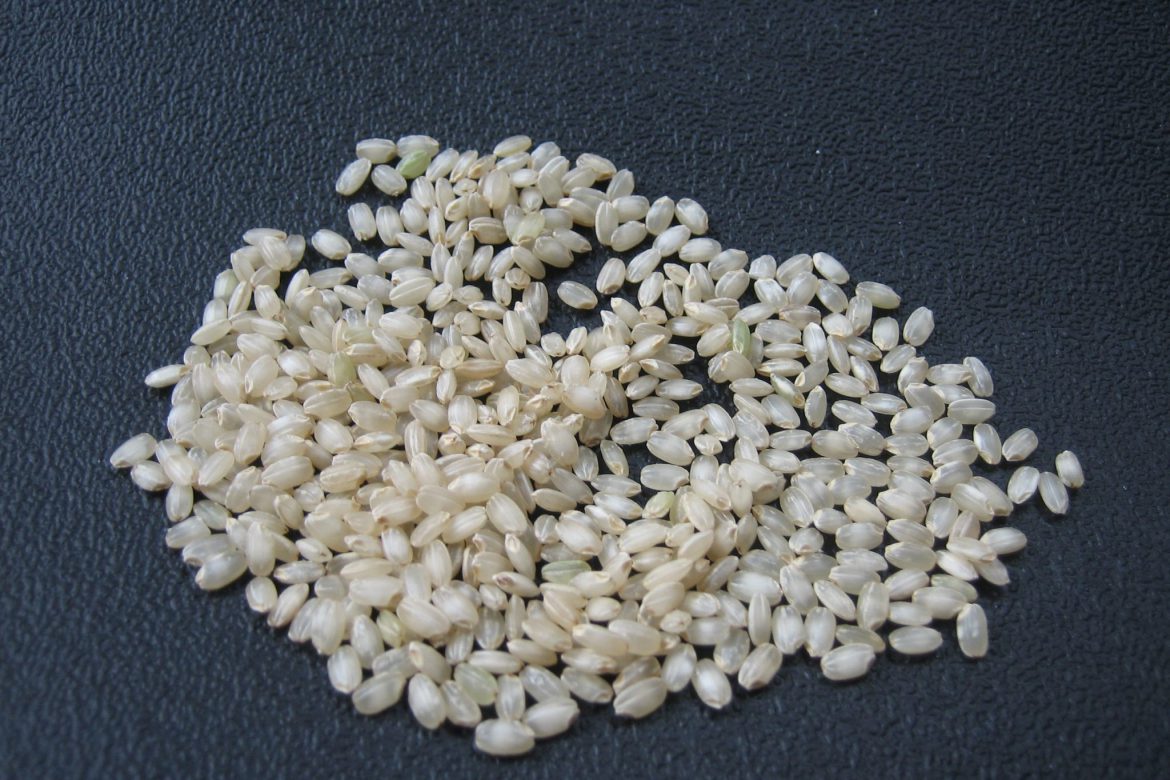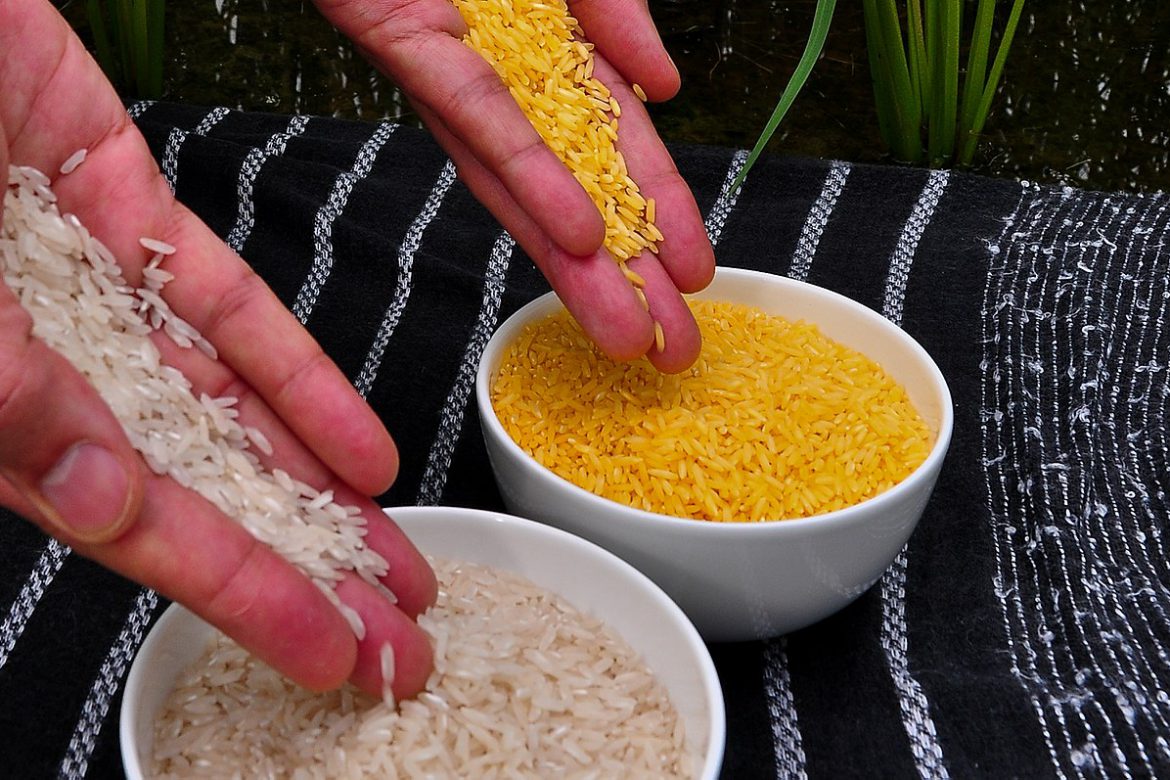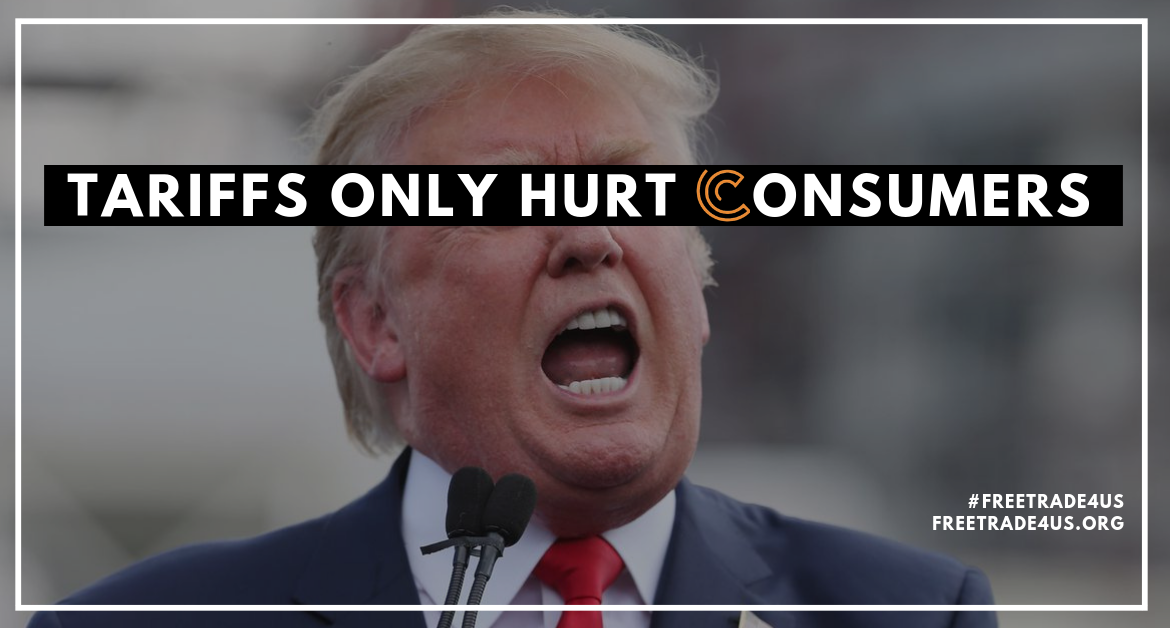The European Union introduces tariffs on rice from Cambodia and Myanmar in an effort to protect Italian farmers. Another example of “free trade” à la European Union.
It was announced last Wednesday that tariffs on rice from Cambodia and Myanmar were being re-introduced, in order to fulfil safeguard clauses. The terminology here is telling. European farmers are supposed to be “safeguarded” from foreign competition. It was at the request of Italy the Commission already suggested structural tariffs in November, those starting at €175/tonne in the first year and then progressively dropping to €150 in the second year and €125 in the third year.
Back then, the proposal didn’t find a majority in the Council, and therefore bounced back to Berlaymont, which now confirmed its initial intention. Until now, Cambodia and Myanmar benefitted from the EU’s Everything But Arms (EBA) trade scheme, which unilaterally grants duty-and quota-free access to the world’s least developed countries (apart from arms and ammunition).
Italian MEP Tiziana Beghin said, according to Politico, that she had been fighting for a safeguard to protect Italian farmers since 2014, and said that the news was a “relief” for more than 4,000 enterprises and families.
The Five Star Member of the European Parliament surely completed a smart political move for her constituants, which benefit from new tariffs, or who have been misled into supporting them. More misled however have been those who for the longest time have believed that the goal of the European Union was to be in favour of free trade. What a disappointment that must be.
The European Commission writes in its press release:
“The initial request for trade safeguards on rice imports was tabled by the Italian government in February 2018 and supported by all other EU rice growing Member States (Spain, France, Portugal, Greece, Hungary, Romania and Bulgaria).”
It is written in this way because either the Commission has absolutely no notion of what it means to have a vested interest, or because it realises itself that free trade does not exist in the European Union.
While rice-producing member states are naturally lobbied by their local rice farmers, consumers have nobody to speak on their behalf. Too many of the established consumer organizations have nothing to say on tariffs. In fact, it seems all too often that they back the protectionist far-left and far-right positions, in order to “protect jobs” and “support local production”.
To them, consumer prices seem irrelevant. In fact, the European consumer organization BEUC has nothing to say at all about the EU’s re-introduction on rice tariffs. Does it not matter to them that it is low-income consumers who will be hit the hardest by this form of indirect taxation?
This is not the first time this happens. The European Union constantly introduces new tariffs, and many have been added since the United Kingdom voted to leave the European Union. The reasons are diverse: often it is because the producing country is accused of subsidizing their local economy (which the EU does also through the Common Agricultural Policy), but a safeguard measure can be as blatantly protectionist as in the example of rice imports from Cambodia and Myanmar.
If you were to suggest something similar on a national level, you’d be accused of nationalism. If done on a Brussels-level, it is merely a safeguard.
Protectionism is purely ideological because it is based on sentimental beliefs. If we were to take nationalism out of the picture, it would be difficult to argue that international free trade would be disadvantageous while domestic free trade (say, between cantons or provinces) is advantageous. This is particularly true in large trading blocs such as the European Union. Aren’t French farmers also hurt by imports from Bulgaria?
And if internal subsidization processes of the EU are working to eliminate those differences within the bloc, then how is Bulgaria supposed to rise out of its economic hardships, if nobody can ever compete with Western Europe, make a profit and innovate? And what is the big threat anyway, when cheap food for our consumers is the result?
The price for the economic illiteracy of this entire process is footed by the European consumer, who is told that the Trump’s of the world are the problem with free trade. And while Washington D.C’s trade politics have indeed changed for the worse, they’re unparalleled in their doublespeak by an EU pretending to stand for free trade in the world, while catering to local interests in order to keep the bloc together.







